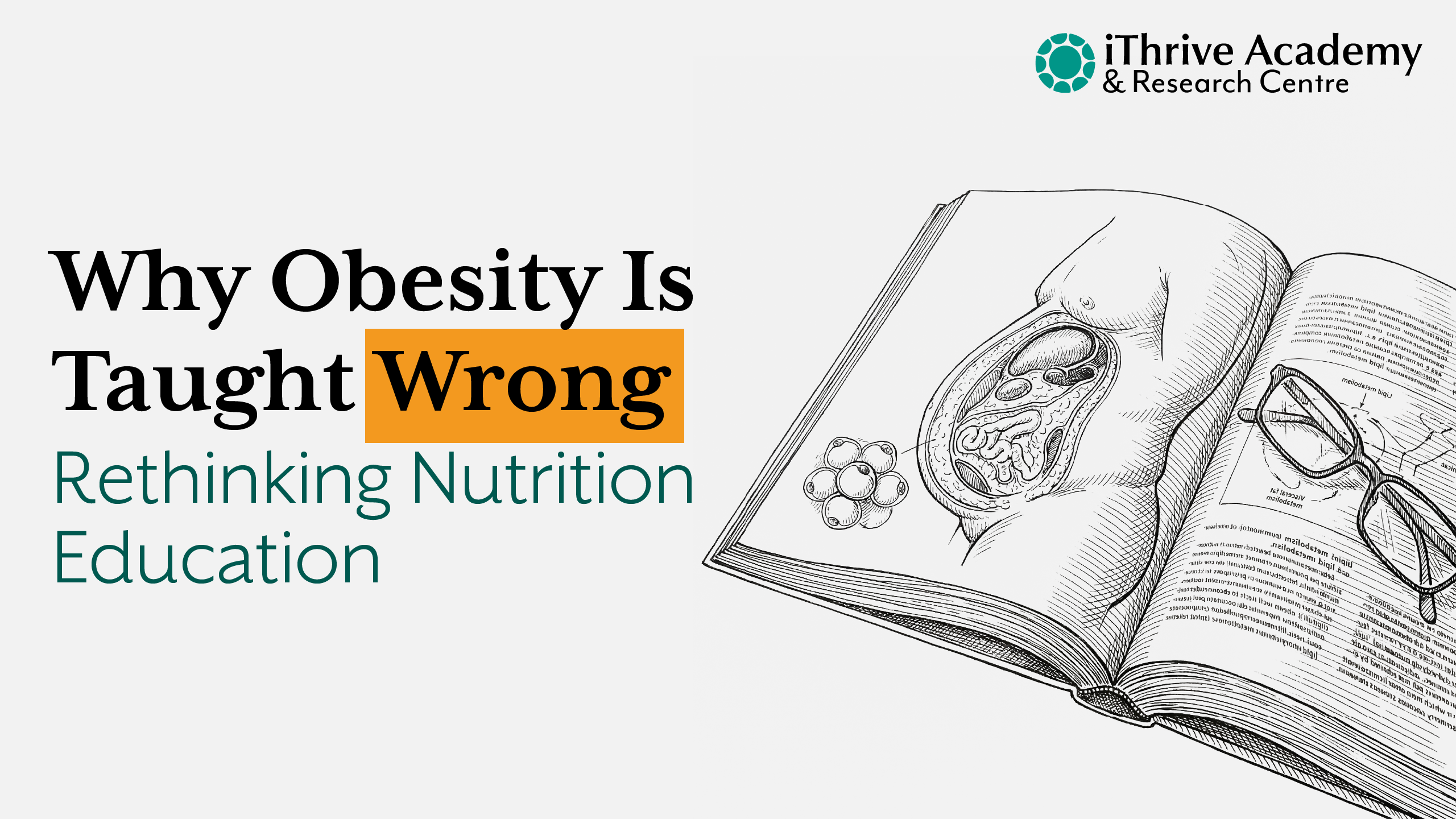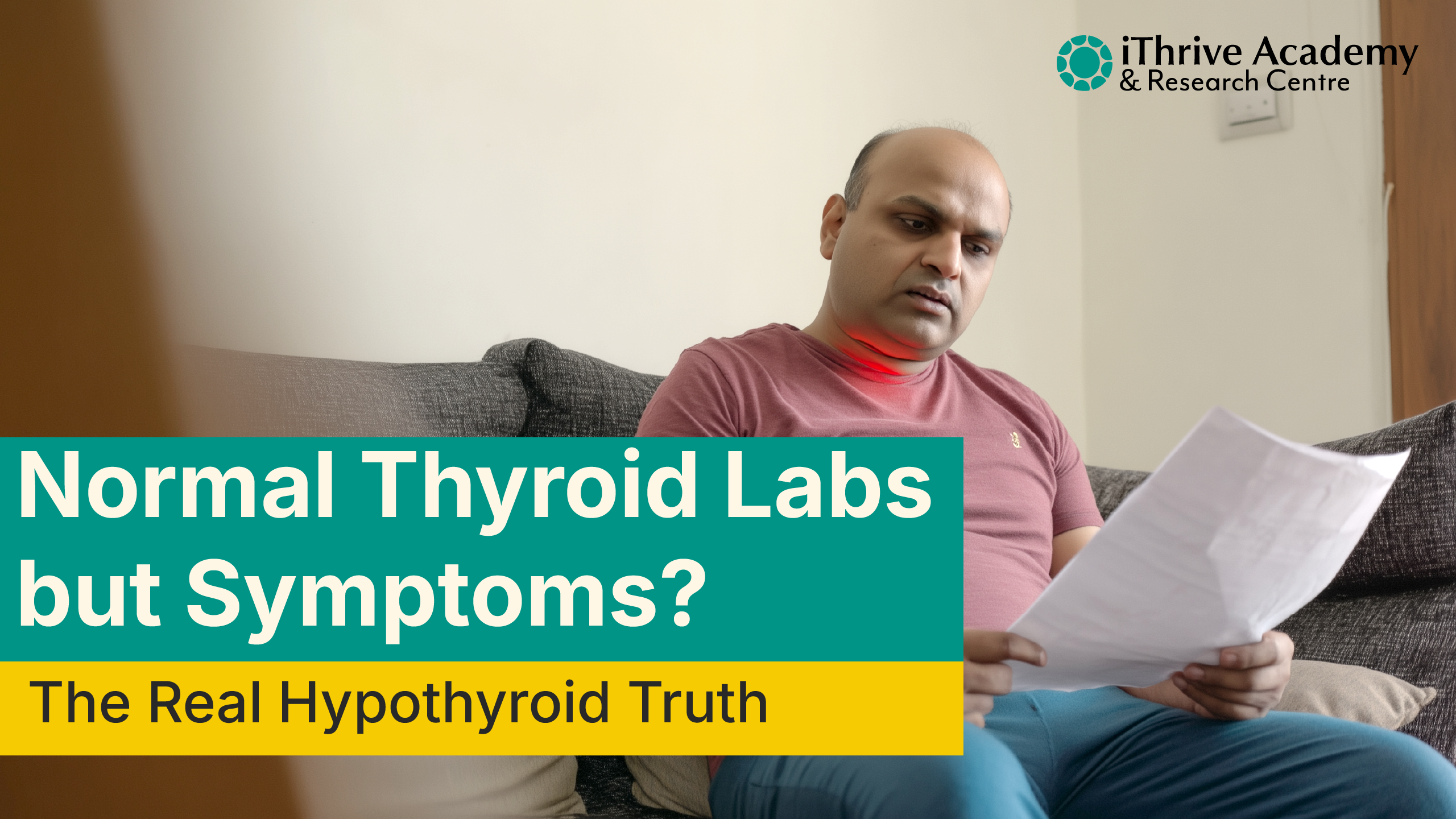Introduction
Have you ever noticed how often seniors complain about joint pain, fatigue, or low energy even when they eat well and try to stay active? The majority of these struggles are closely linked to one silent deficiency that is surprisingly common in older adults that is Vitamin D3. Research shows that more than half of seniors across the world have inadequate Vitamin D levels, which can deeply affect bone strength, immunity, and overall well-being.1
Vitamin D, often called the sunshine vitamin, becomes harder to maintain as we age. The body’s ability to naturally produce it from sunlight decreases, and dietary gaps only make it worse. In this blog, we will be exploring why seniors need high doses of Vitamin D3, the negative consequences of Vitamin D3 deficiency, and how maintaining optimal Vitamin D levels in older adults can entirely transform aging into a healthier experience. You will also learn regarding the iThrive Academy Approach towards Functional Nutrition, as well as practical recommendations to support your health journey.
Understanding Vitamin D3 and Its Importance for Senior Health
What is D3?
Vitamin D3, also known as cholecalciferol, is the type of vitamin D that our bodies make while they are in the sun. It is essential for taking in calcium and phosphorus, which are necessary for healthy bones, but it also has effects on other parts of the body. Vitamin D3 helps the immune system, physical strength, mood regulation, and even heart health.
Why Seniors Need More Vitamin D
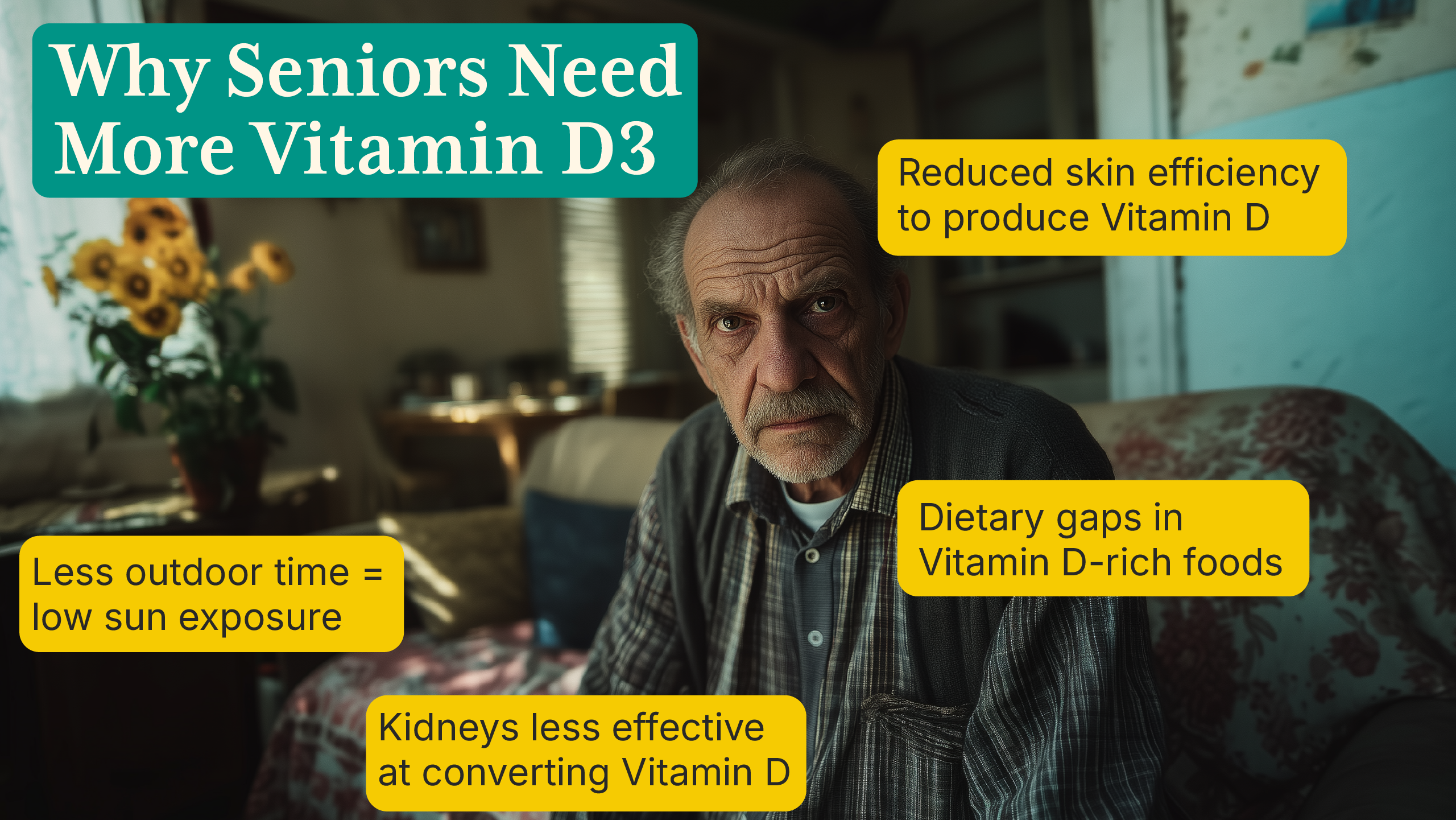
As we grow older, various biological changes reduces the ability of body to maintain Vitamin D:
- The skin becomes comparatively less efficient at producing Vitamin D from sunlight.
- Kidneys that convert Vitamin D into its active form, become comparatively less effective.
- The majority of seniors spend less time outdoors, further limiting sun exposure.
- Diet mostly lacks sufficient sources of Vitamin D-rich foods.
Because of these factors, the vitamin D3 dosage for seniors needs to be higher than for younger adults. Without sufficient intake, deficiency sets in and also develops a ripple effect across the end number of systems in the body.
Signs and Symptoms of Vitamin D3 Deficiency in Seniors
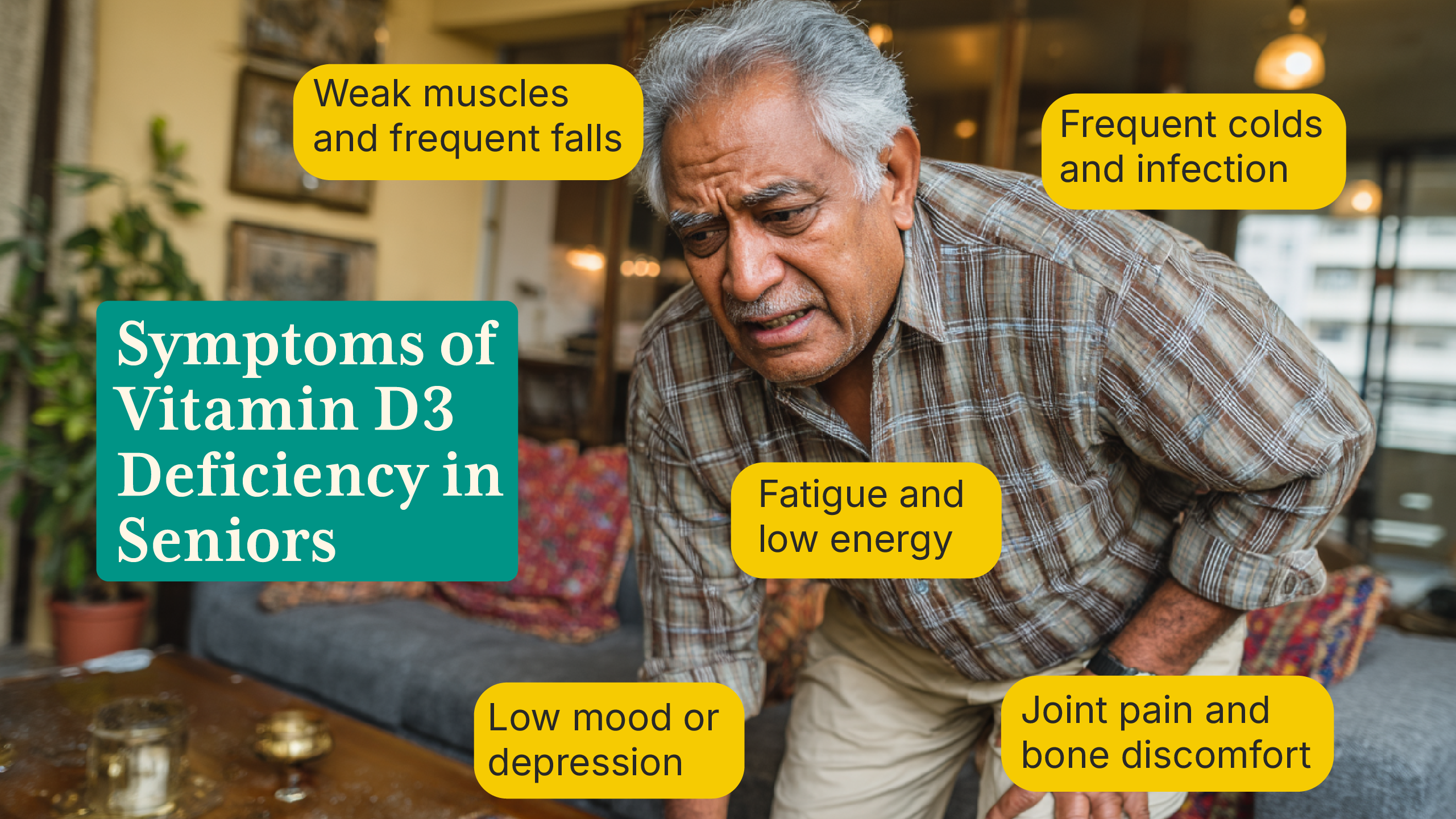
As the early indicators of vitamin D deficiency are ambiguous and might be mistaken for natural aging, it is sometimes called a "silent" condition. Some common signs are:
- Tiredness and low energy that won't go away
- Weak muscles or falling a lot
- Pain in the joints or bones
- Feeling sad or having symptoms of depression
- Colds and illnesses happen a lot.
If not treated, deficiency can cause osteomalacia, osteoporosis, broken bones, heart problems, and a weakened immune system. Studies reveal that older people with low Vitamin D levels for a long time are considerably more likely to break bones and have trouble moving around, which is a big public health problem.2
Common Myths Around Vitamin D3 for Seniors
Myth 1: A little sunlight is enough. In reality, age reduces the body’s efficiency in converting sunlight into Vitamin D, so seniors often cannot rely on the sun alone.
Myth 2: Dairy provides all the Vitamin D needed. While fortified dairy helps a bit, the amounts are too small to meet the daily requirement of seniors.
Myth 3: Supplements are optional. For the majority of older adults, specifically the ones with low exposure to sunlight, Vitamin D3+K2 supplementation can prove to be best for optimal health.
The Science: Optimal Vitamin D Levels in Older Adults
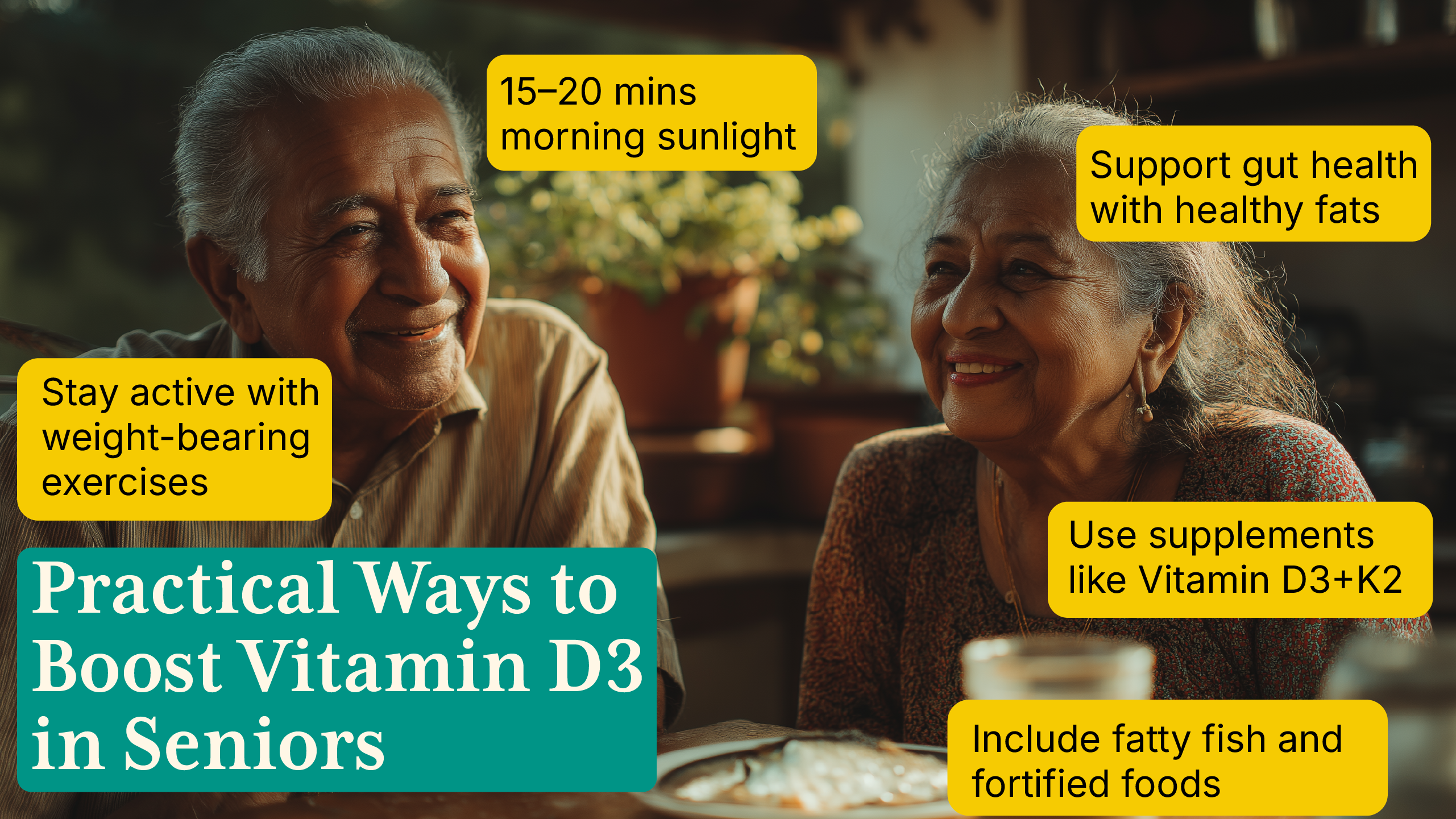
Studies have mentioned that older adults should aim for serum 25-hydroxy Vitamin D levels of around 30 to 50 ng/mL for optimal function.3 However, getting to these levels frequently requires taking supplements along with them.
Some doctors utilize a notion called the Vitamin D loading dose for seniors, where greater doses are given at first to quickly fix a deficit before switching to a maintenance dose. This is especially crucial for people who have very low baseline levels or who are healing from broken bones.
Recent studies have also shown that Vitamin D3 is good for the immune system as we get older.4 Having enough Vitamin D helps control inflammation, lowers the risk of respiratory infections, and supports healthier aging.
iThrive Academy Approach to Functional Nutrition
At iThrive Academy, we believe knowledge is the first step toward transformation. Our teaching approach is not limited to giving out general advice. Instead, we use a Root Cause Analysis (RCA) approach to understand why deficiencies like low Vitamin D happen in the first place.
We teach students how to identify nutrient gaps using lab reports.
Instead of one-size-fits-all solutions, we offer in-depth expertise about individualized nutrition.
Our short courses give students the knowledge and skills they need to create practical dietary and lifestyle changes.
iThrive is different because we combine scientific research with practical dietary advice. For instance, when it comes to Vitamin D, we don't just tell people to "take supplements." We also talk about how gut health, diet quality, and lifestyle all of them affect how well Vitamin D is absorbed.
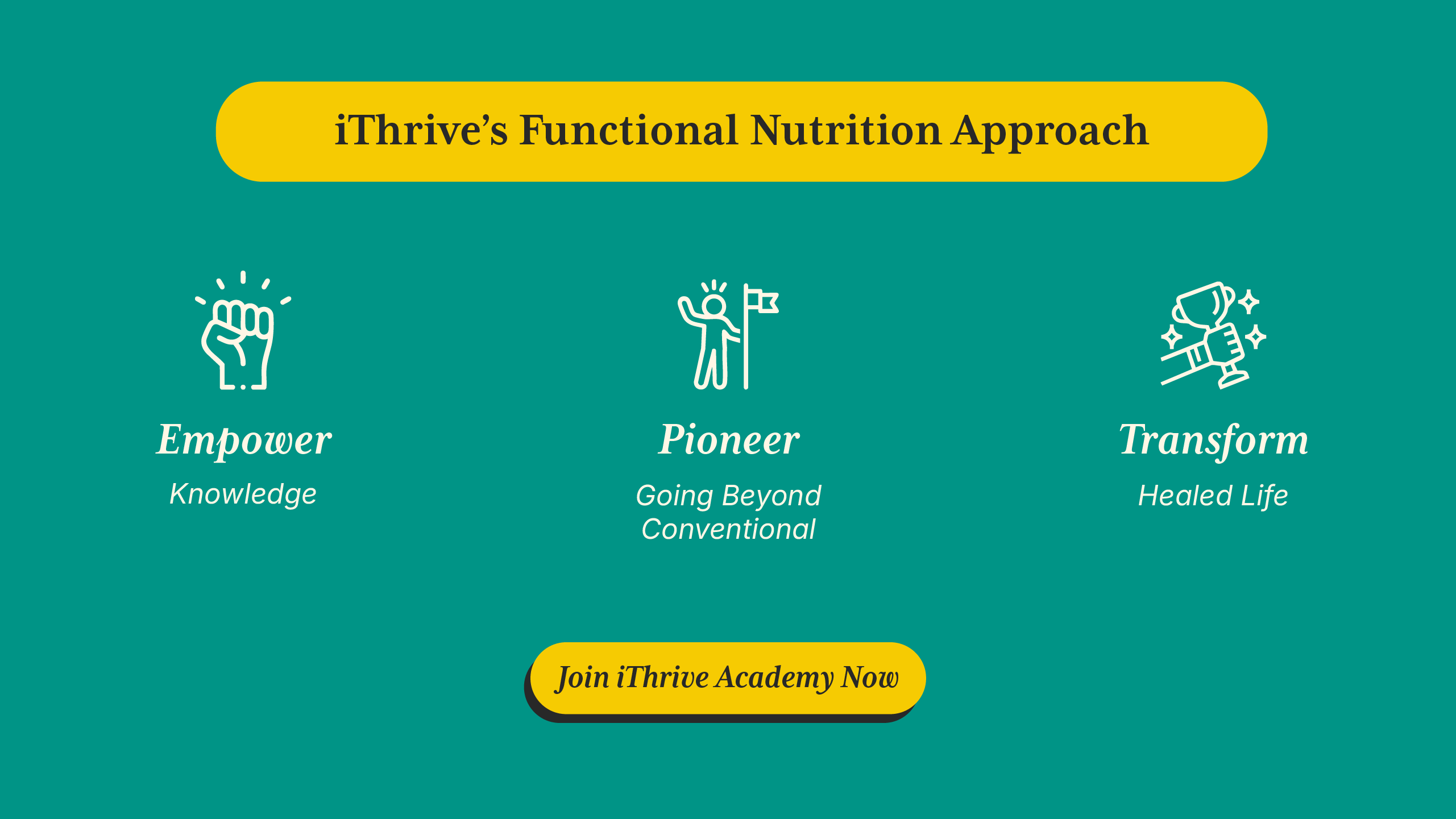
Helpful tips for seniors to get more vitamin D
If you want to know how to safely and naturally raise your Vitamin D levels, here are some techniques that follow iThrive principles:
Get some thoughtful sun exposure. Try to get 15 to 20 minutes of morning sun on your arms and legs, but be careful if you have sensitive skin or a medical condition.
Including foods high in vitamin D, like fatty seafood like salmon, sardines, and mackerel, as well as fortified meals, can help you get enough vitamin D.
Think about taking supplements. Talk to a doctor about the correct amount of Vitamin D3 for older people. In a lot of circumstances, you need to take supplements to keep your levels where they should be.
Vitamin D is fat-soluble, so make sure your digestion is robust and balanced to support gut health. Add healthy fats like almonds, avocados, and olive oil to help with absorption.
Stay active. Weight-bearing workouts not only make bones stronger, but they also help the body use calcium and vitamin D better.
Final Thoughts
A balanced diet is not enough for healthy aging. Vitamin D3 is a key supplement for older people since it affects their bones, immune system, mood regulation, and vitality. Unfortunately, a lot of people don't get enough Vitamin D3, which is why seniors typically need to take more of it. Seniors may keep their bones strong, their immune systems strong, and their quality of life high by testing, watching, and fixing the fundamental reasons.
Our goal at iThrive Academy is to teach and empower people via functional nutrition. Our flagship program, iThrive Certified Functional Nutrition (iCFN), teaches students how to find the true causes of health problems and implement effective treatments. Our programs help you make a difference, whether you're a health enthusiast, a professional, or just someone who cares about wellness.
References
- https://www.frontiersin.org/journals/nutrition/articles/10.3389/fnut.2023.1070808/full
- https://pmc.ncbi.nlm.nih.gov/articles/PMC7045381/
- https://www.ncbi.nlm.nih.gov/books/NBK532266/
- https://immunityageing.biomedcentral.com/articles/10.1186/s12979-025-00514-y



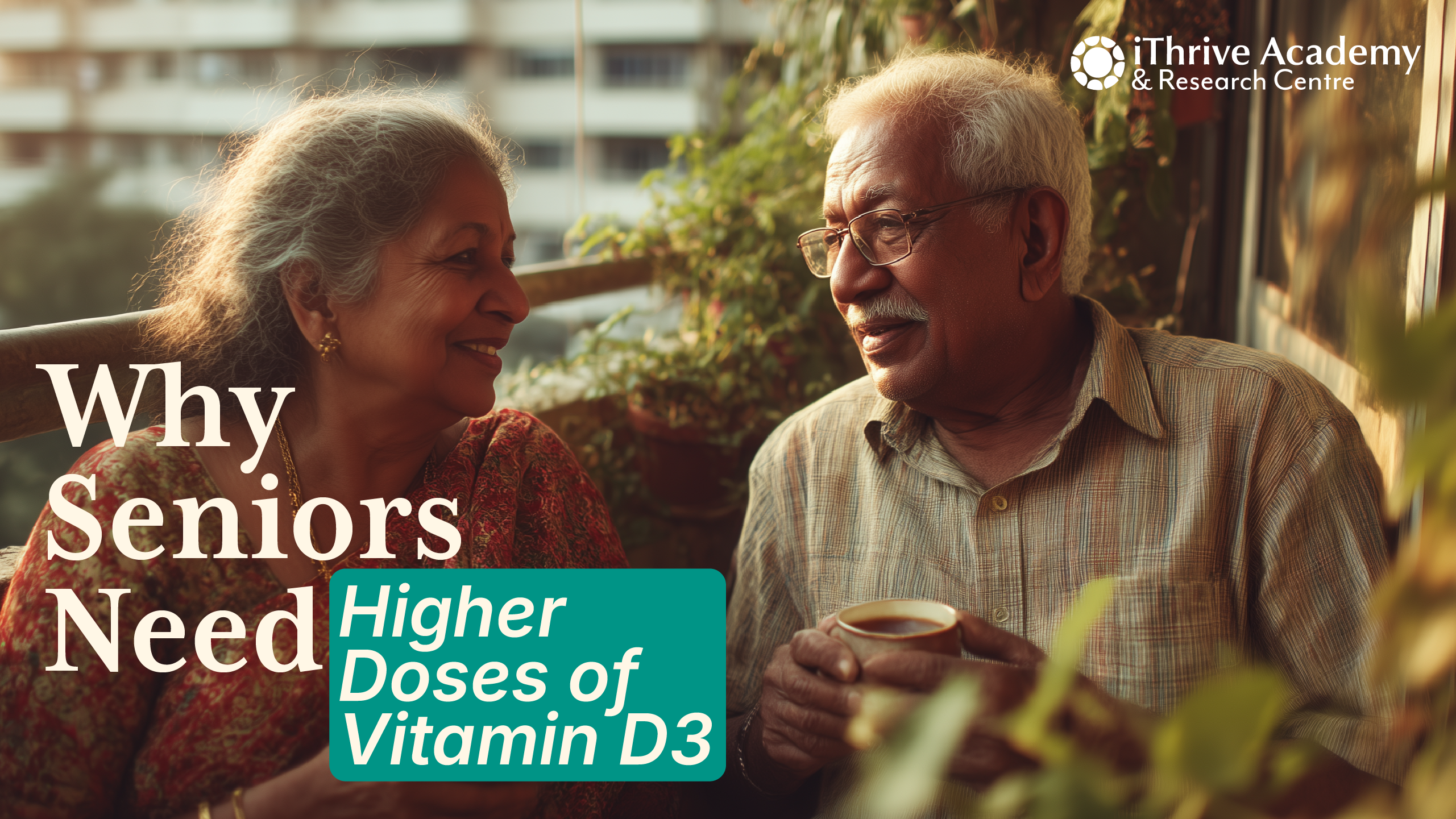
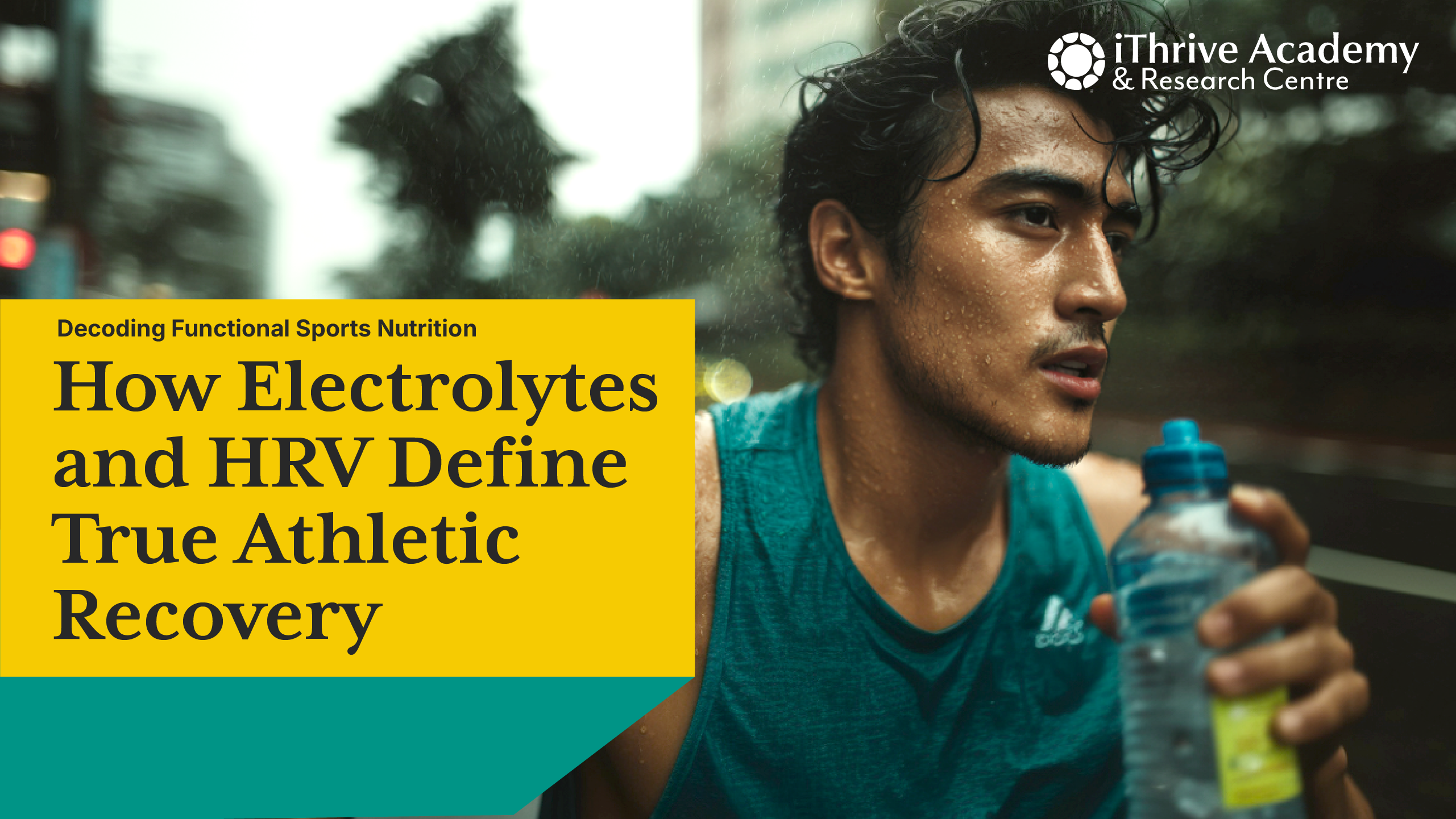

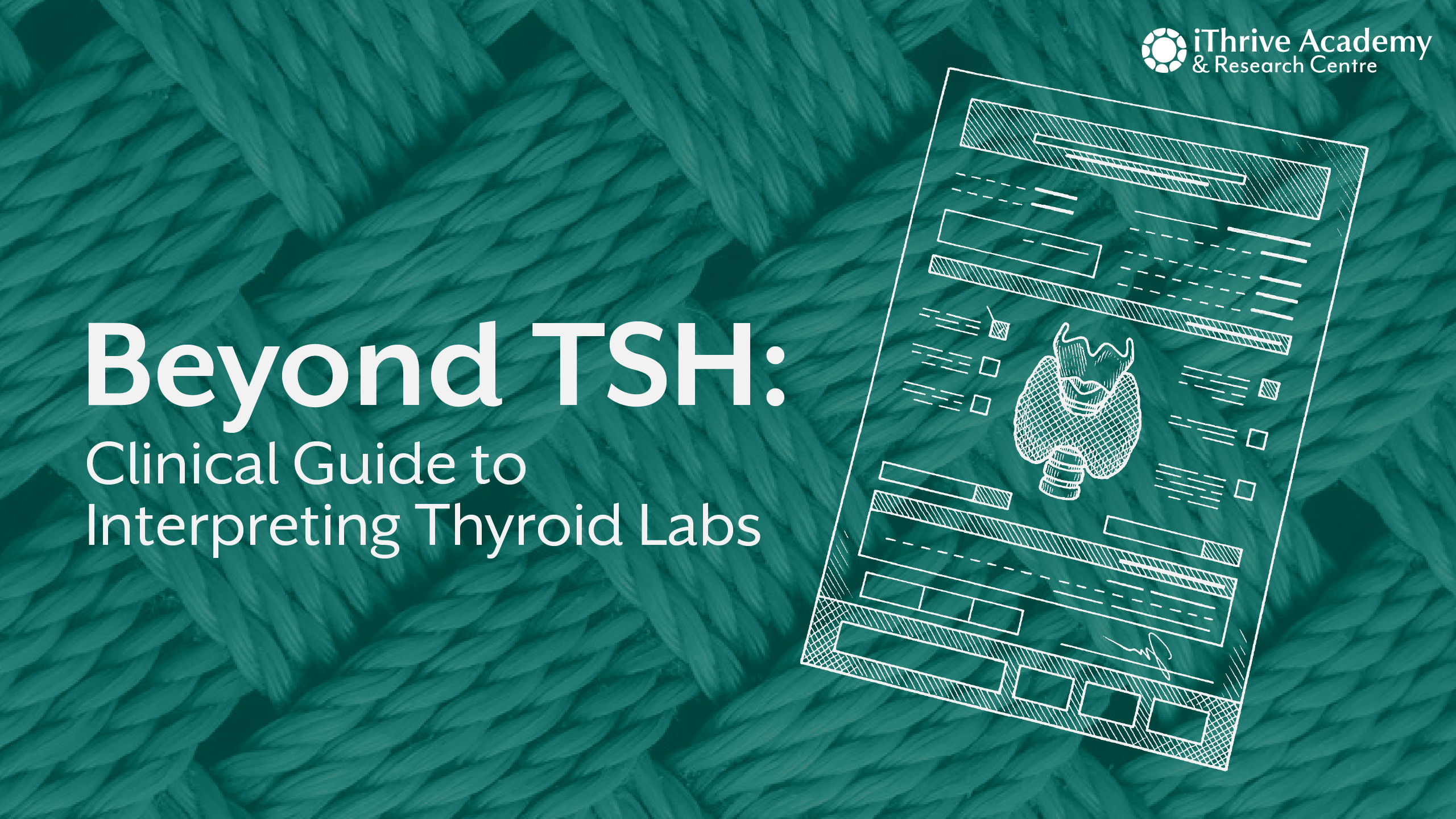

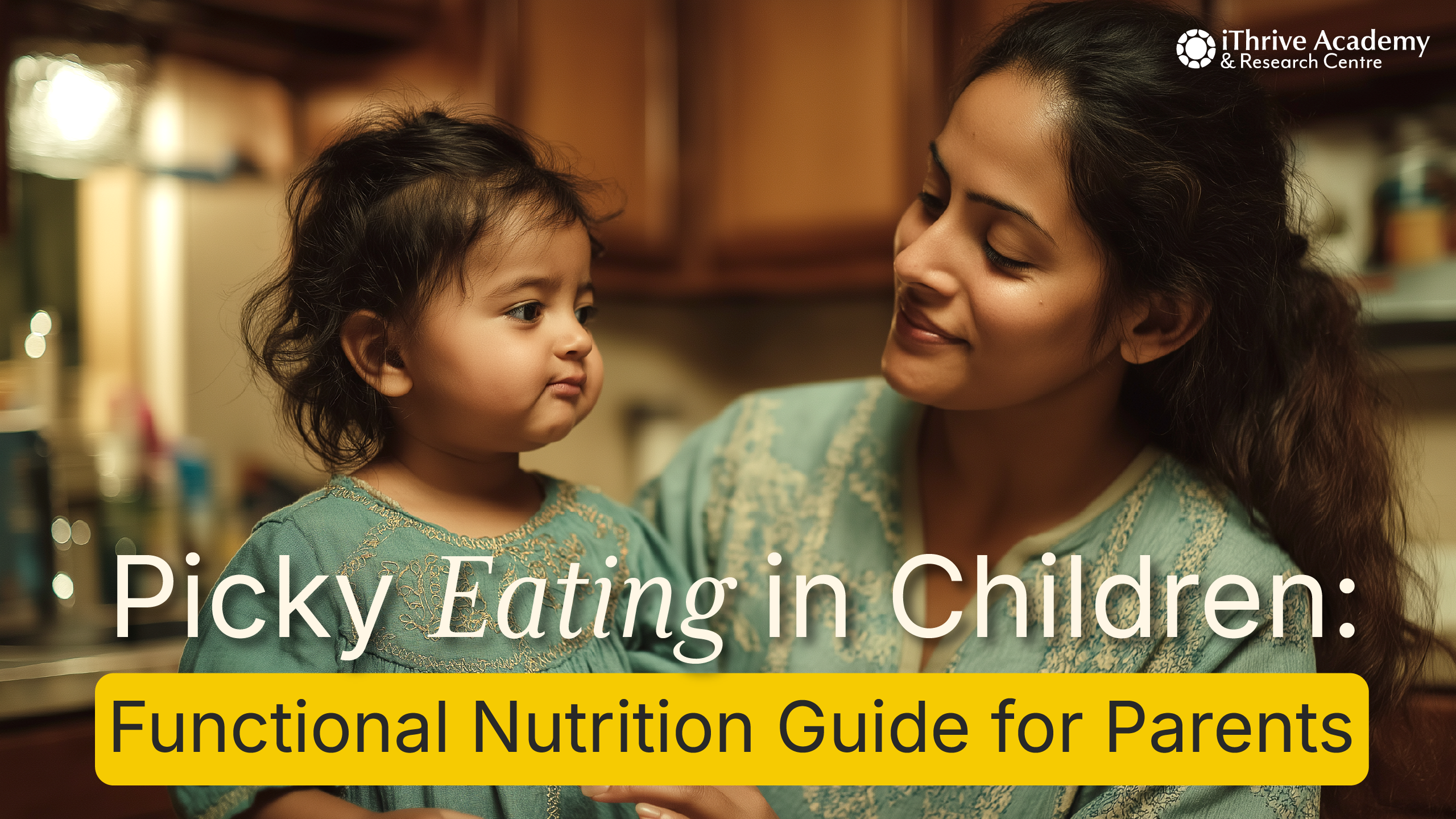
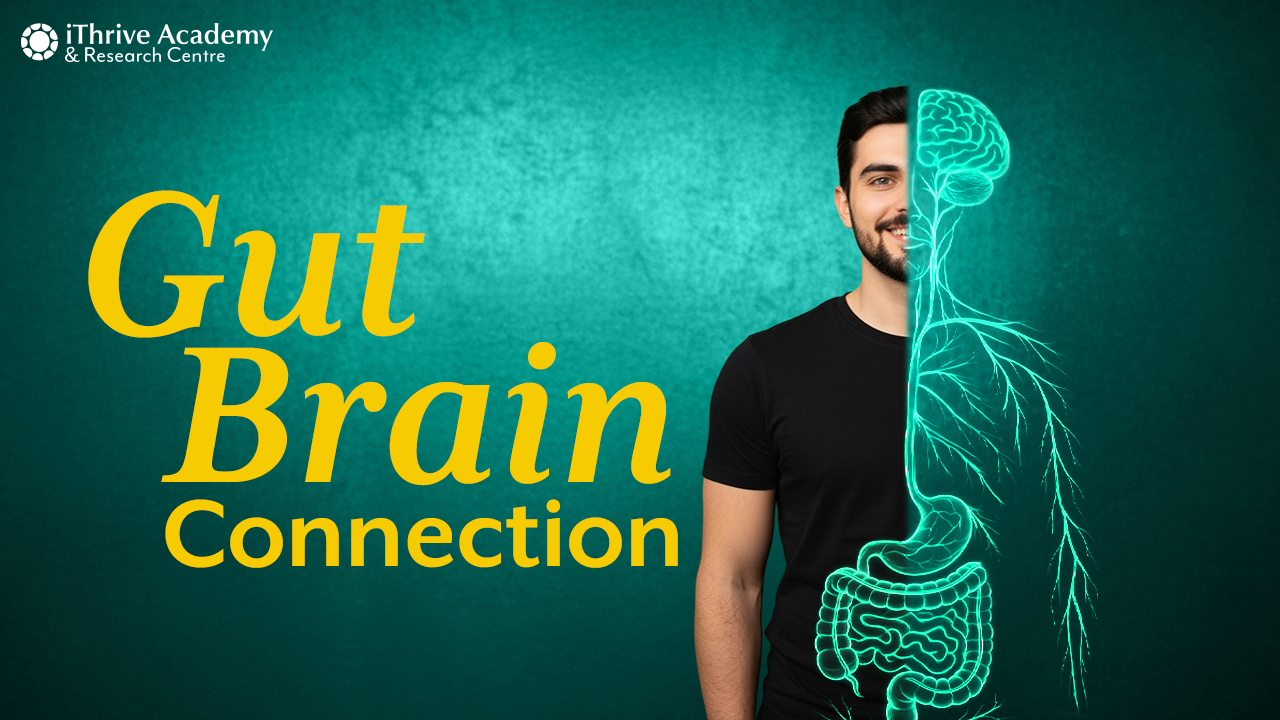
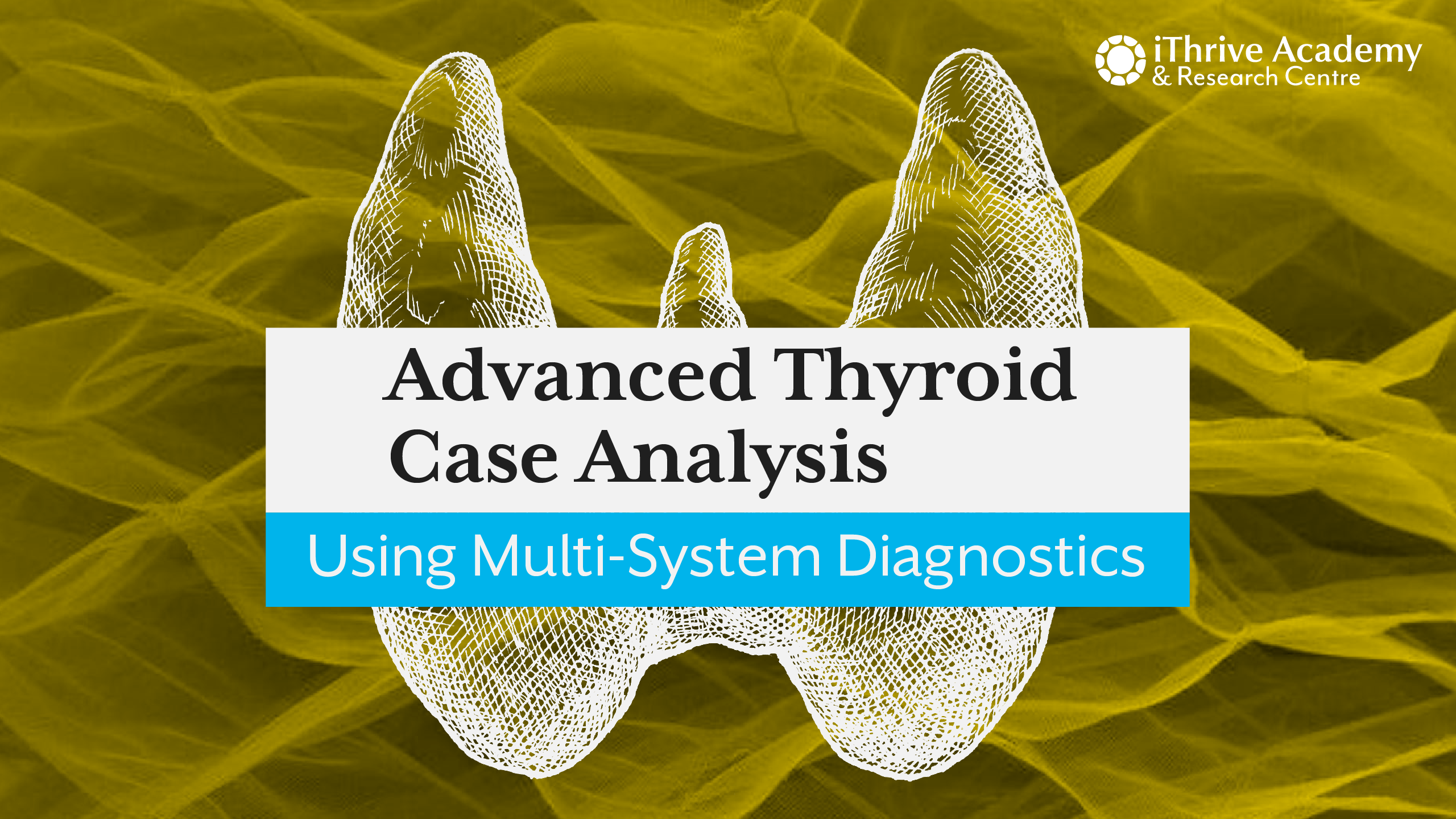

.jpg)


